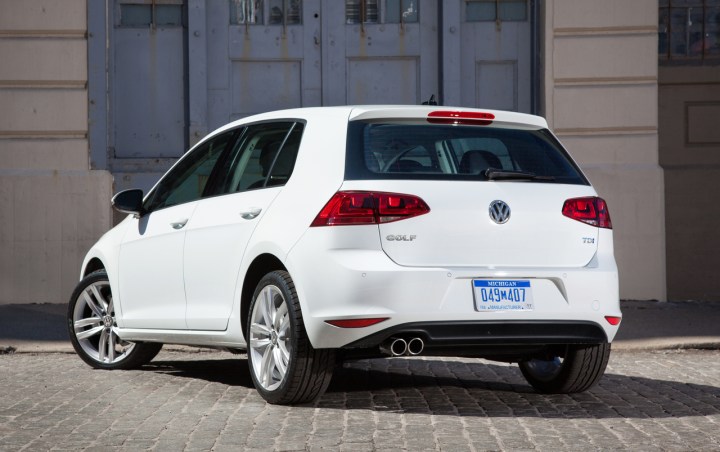
Last month, U.S. District Court Judge Charles Breyer told VW that it had until March 24 to make serious progress on finding a solution, saying that six months is long enough. But Breyer, who is the judge in a diesel class-action lawsuit against Volkswagen, couldn’t get the company to comply.
The deadline has been pushed back a month, according to Autoblog Green. VW previously asked for a two-week extension of the deadline, which requires the company to come up with a fix that satisfies both the U.S. Environmental Protection Agency (EPA) and the California Air Resources Board (CARB). A fix for 482,000 cars with 2.0-liter, four-cylinder engines was rejected by both agencies in January, while a separate plan for 85,000 3.0-liter V6 vehicles is still being reviewed.
What needs to be done to ensure compliance with emissions rules will vary by model. It’s been reported that some models may only need software changes, and possibly new catalytic converters, but certain cars may not be able to meet emissions standards without the addition of complex Selective Catalytic Reduction (SCR) exhaust-aftertreatment systems.
SCR systems use urea fluid to eliminate exhaust emissions, and are employed in the majority of U.S.-market diesel cars. The systems include lots of hardware, like a storage tank for the fluid, that could be complicated to retrofit. And the cost may be too high, especially considering that some of the cars are already seven years old. That’s led many to call for buybacks, which could cost Volkswagen $9.4 billion, estimates Automotive News Europe (subscription required), citing Bloomberg Intelligence.
The missed deadline isn’t good for VW, Audi, and Porsche diesel owners, who are stuck watching their cars lose value, and wondering if they will ever be able to sell or re-register them. Over the past six months, Volkswagen has replaced executives and done damage control, but appears no closer to actually putting an end to the diesel scandal by recalling all of those cars.
Editors' Recommendations
- Volkswagen is launching its own self-driving car testing program in the U.S.
- Here’s how Volkswagen plans to electrify America’s most popular car segment
- Inside Volkswagen’s plan to finally bring affordable electric cars to the masses
- DieselGate continues to haunt Volkswagen as massive class-action suit is filed
- For Volkswagen, the electric ID.3 is more than a new car. It’s a new chapter


